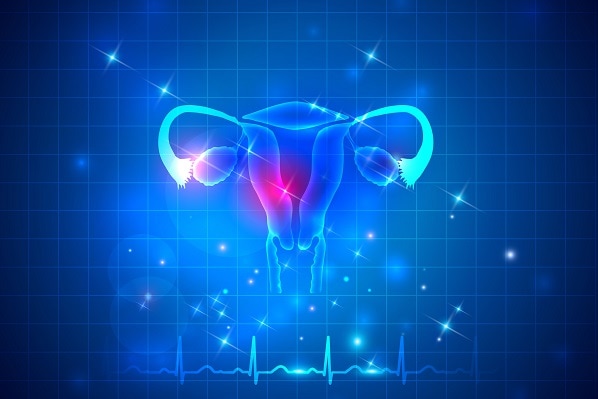Polycystic Ovarian Syndrome (PCOS)

What is Polycystic Ovary Syndrome?
Ovulation disorders cause infertility in up to 15% of couples; polycystic ovary syndrome (PCOS) is the most common. The most common symptoms of this disorder are found in women who have irregular menstrual cycles (generally longer than 35 days), an increase in body hair in areas where it should not normally grow (known as hirsutism), acne, oily skin, and scalp and, on occasion, are overweight.
As in many other illnesses, the severity of the symptoms and the way they manifest themselves can vary from one woman to the next. It is possible for some women to have PCOS but not have acne or any of the other symptoms. However, they may never ovulate or may ovulate irregularly, making it difficult to get pregnant, which is why they can sometimes experience infertility.
What are the causes of Polycystic Ovary Syndrome?
It appears that in women with PCOS, there is insulin resistance. Insulin is a hormone that allows the body’s cells to use glucose as energy. If the cells do not use glucose due to this resistance, the pancreas (insulin-producing organ) releases more insulin into the blood. Excess insulin generates an excessive production of androgens (male hormones) in the ovaries.
Although androgens are needed as raw material to produce estrogens (female hormones), when they are in excess in women with PCOS, they produce undesirable effects: increased body hair, acne, and oil secretion in the skin and scalp. The egg maturation process is also altered, and ovulation disorders are generated. Furthermore, metabolic alterations in PCOS can lead to an increased risk of cardiovascular disease.
How can Polycystic Ovary Syndrome be detected?
There are three criteria for the diagnosis of PCOS. A woman has PCOS if she has at least 2 of the following:
- Ovulation disorders: The most common symptom is irregular menstrual cycles (less than 25 or more than 35 days).
- Elevated androgen levels: This may be detected by carrying out blood tests (to measure the level of certain hormones) or by the symptoms already described (acne, hirsutism, increased oil secretion of the skin and scalp).
- Polycystic ovaries: These are only detectable utilizing an ultrasound. This condition is when the ovaries have an abnormally high number of small follicles (fluid-containing sacs in the ovary where the eggs grow and mature).
What are the fertility treatments for a woman with Polycystic Ovary Syndrome?
Women with PCOS and infertility have an excellent prognosis. They can generally achieve pregnancy with low-complexity reproductive treatments. However, the first course of action is the implementation of healthy lifestyle habits, which include taking insulin resistance and its consequences into account.
In patients who are overweight, even a decrease of 5 to 10% of their total body weight could regulate their ovulation, allowing them to become pregnant spontaneously.
There are also oral medications used to induce ovulation, such as Clomiphene Citrate, or injectable medications, such as follicle-stimulating hormone (FSH), which have given excellent results regarding pregnancy in women with PCOS.
Occasionally medications that increase insulin sensitivity, such as Metformin, are required. A surgical treatment called laparoscopic ovarian drilling has also been used. When this procedure is carried out by skilled hands and on a patient suitable for such procedure, it improves insulin resistance, resumes ovulation, or improves response to ovulation inducers.




